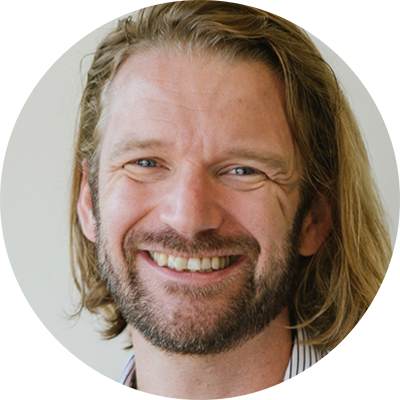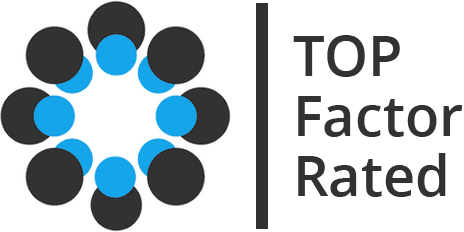 David Mellor
David MellorEven when everyone agrees that change is needed, social systems are difficult to change because of complexity, inertia, and the coordination of many actors that create and reinforce social norms and reward structures. A systems-level strategy that addresses these coordination challenges is necessary to start, scale, and sustain change.
The implementation strategy must be tailored to the unique characteristics of each research community, although the underlying principles are highly adaptable. Adopting lifecycle open science in neuroscience is an example of the progress at all levels of the Theory of Change.
The OSF Registry hosts thousands of preregistered studies in neuroscience. It is easier than ever to create detailed study plans that will help authors plan and incorporate open science practices into their research workflow by using new templates relevant to the neuroscience community in secondary data analysis and upcoming templates for fMRI and EEG research.
To facilitate the adoption of these new practices, community leaders, such as Neuromatch, play a crucial role by offering training services and example materials. Their work demonstrates the effectiveness of these practices and highlights the importance of training and community support in their successful implementation.
Champions in neuroscience lead by example and inspire broader adoption. For example, the Neuro initiative, launched by neuroscience researchers at McGill University, promotes collaboration among patients, researchers, and clinicians through open practices to improve inclusion and accelerate discovery.
 Making early adopters’ actions visible signals a shift in norms and inspires others to act. Six neuroscience journals now offer Open Science Badges for articles that integrate practices like sharing data and research materials and preregistration. Increased visibility signals adopting journals and authors value and support open practices and facilitate the identification and learning from the early adopters.
Making early adopters’ actions visible signals a shift in norms and inspires others to act. Six neuroscience journals now offer Open Science Badges for articles that integrate practices like sharing data and research materials and preregistration. Increased visibility signals adopting journals and authors value and support open practices and facilitate the identification and learning from the early adopters.
Sixteen journals in neuroscience offer the Registered Reports publishing format. This format rewards rigorous research and eliminates publication bias and selective reporting based on the outcomes by deciding to publish a paper before the outcomes are known.
“Registered Reports help address many of the problems that affect traditional research practices,” said Mellor. “It helps to correct problems early in the project when fixes are easily applied. It also addresses the sticky problem of publication bias, in which only supporting evidence is likely to be reported.”
Several funders recognize the opportunity to use the Registered Reports model to align rigor and transparency with another reward – funding. Initiatives in religion research and consciousness studies that include neuroscience provide funding for authors of Registered Reports when they receive in-principle acceptance from a journal. So, Registered Report authors are rewarded with a publication and funding to do the research after a single peer review process focused on asking essential questions with rigorous methods.
 TOP Factor rates a journal on its commitment to transparency and openness of its research and is an antidote to the dysfunctional Journal Impact Factor (JIF) that ranks journals based on publishing attention-generating findings. Forty-five journals in neuroscience have higher than average TOP Factor ratings indicating a progressive shift toward journal policies that promote open practices. The updated interface on TOP Factor allows researchers, editors, and policymakers to identify other journals that are taking measures to focus more on credibility and less on novelty.
TOP Factor rates a journal on its commitment to transparency and openness of its research and is an antidote to the dysfunctional Journal Impact Factor (JIF) that ranks journals based on publishing attention-generating findings. Forty-five journals in neuroscience have higher than average TOP Factor ratings indicating a progressive shift toward journal policies that promote open practices. The updated interface on TOP Factor allows researchers, editors, and policymakers to identify other journals that are taking measures to focus more on credibility and less on novelty.

210 Ridge McIntire Road
Suite 500
Charlottesville, VA 22903-5083
Email: contact@cos.io

Unless otherwise noted, this site is licensed under a Creative Commons Attribution 4.0 International (CC BY 4.0) License.
Responsible stewards of your support
COS has earned top recognition from Charity Navigator and Candid (formerly GuideStar) for our financial transparency and accountability to our mission. COS and the OSF were also awarded SOC2 accreditation in 2023 after an independent assessment of our security and procedures by the American Institute of CPAs (AICPA).
We invite all of our sponsors, partners, and members of the community to learn more about how our organization operates, our impact, our financial performance, and our nonprofit status.